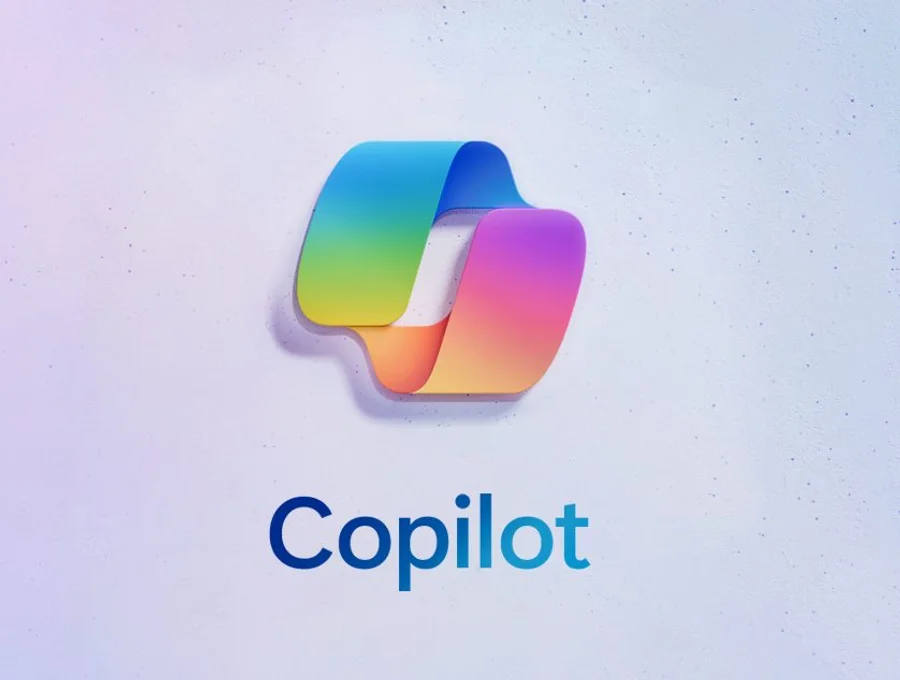Due to premiere for the public in November, Microsoft is opening up their Copilot Studio to give companies low or no code opportunities to create AI Agents.
In a landscape where AI is evolving at breakneck speed, Microsoft has once again positioned itself at the forefront of innovation with an announcement on the next big iteration of AI: AI agents.
Due to premiere for the public in November, the new software described as “apps for an AI-driven world” can handle client queries, identify sales leads and manage inventory.
Available on its Copilot Studio, customers can create such agents using several AI models developed in-house and by OpenAI for the agents.
Examining the autonomous agents
Microsoft’s CEO Satya Nadella and Jared Spataro, CMO of Copilot at Work, unveiled the company’s latest AI offering at the AI Tour event in London.
Like Gen AI, autonomous agents represent a bold step in Microsoft’s AI strategy, building upon the success of its Copilot platform, which has already amassed 2.1 million monthly users across its business applications.
These autonomous agents are custom-built AI applications designed to handle specific tasks for enterprise workers, autonomously.
By automating routine functions, Microsoft aims to free up employees’ time, allowing them to focus on more strategic and creative endeavours. This development is not just another incremental improvement; it’s a paradigm shift in how businesses interact with AI.
“Every employee will have a Copilot, their personalised AI agent, and then they will use that Copilot to interface and interact with the sea of AI agents that will be out there.” – Charles Lamanna, Corporate Vice President of Business and Industry Copilot at Microsoft.
This vision paints a picture of a future workplace where AI assistants are as commonplace as email or spreadsheets, fundamentally altering how work is conducted and decisions are made.
The power of accessibility
One of the most compelling aspects of Microsoft’s autonomous agents is their accessibility.
Users can create their own agents within Copilot Studio using what Microsoft terms as ‘low-code’ or ‘no-code’ instructions. This democratisation of AI development allows employees to assign specific purposes to their agents and provide natural language commands on how to process data, all without requiring extensive coding knowledge.
Consultancy McKinsey, which had early access to the tools, created an agent that can autonomously manage client inquiries by checking interaction history, identifying the consultant for the task and scheduling a follow-up meeting.
In the UK, retailer Pets at Home has harnessed these agents to minimise time-consuming tasks such as data entry and client proposal processing.
This level of accessibility could lead to widespread adoption across various industries, potentially transforming entire sectors overnight. It aligns with the growing trend of ‘agentic AI’, which refers to AI systems that possess a degree of autonomy and can act on their own to achieve specific goals.
Microsoft has incorporated safeguards into the system, allowing workers to intervene and check the agent’s work. This human-in-the-loop approach aims to strike a balance between automation and oversight, crucial for maintaining trust in AI systems.
AI and the power of autonomy
The success of initiatives like autonomous agents could well determine the future of workplace productivity and the role of AI in shaping the enterprise landscape.
Looking forward, the potential applications of agentic AI are vast and varied. From revolutionising healthcare with round-the-clock health assistants to transforming cybersecurity with tireless digital guardians, the possibilities seem endless.
Microsoft’s vision of a world where every employee has a personalised AI agent stands to seriously augment and enhance the workflow of organisations and individual workers.



